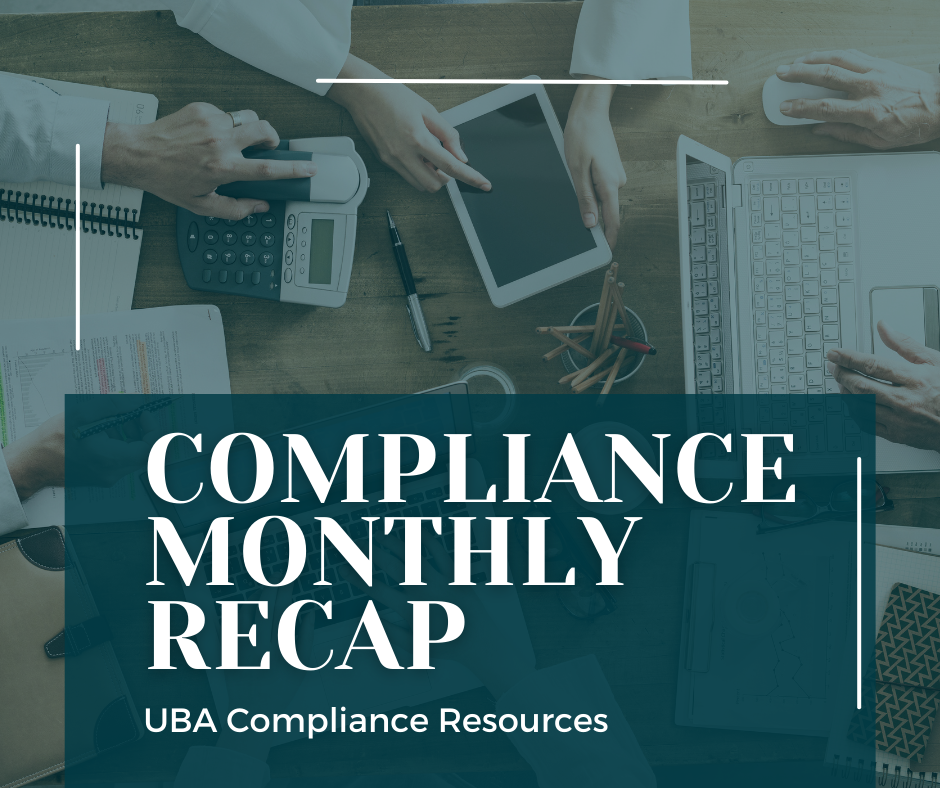Blog

The Future of Leadership: Human Connection in a Digital World
In an era defined by rapid technological advancement, the nature of leadership is evolving at an unprecedented pace. As artificial intelligence, remote work, and digital communication tools become increasingly integrated into our professional lives, the role of human connection in leadership has never been more crucial. The future of leadership will hinge on the ability…

Voluntary Benefits: The Missing Piece of Your Compensation Puzzle
The Rise of Voluntary Benefits As healthcare costs increase, so does the demand for voluntary benefits. These optional benefits allow employees to select and pay for additional perks to meet their individual needs, especially in today’s diverse workforce. They’re also a valuable supplement to health insurance, particularly as healthcare expenses rise and affordability becomes a…

Compliance Recap | March 2025
ACA REPORTING Affordable Care Act (ACA) reporting for applicable large employers (those with 50 or more employees) was due for the 2024 plan year in March. Reporting to Employees – due March 3, 2025 Form 1095-C: For Applicable Large Employers (ALEs) to report health coverage offered to full-time employees. Form 1095-B: For employers with self-funded…

The Big Differences Among Generations at Work
The generations at work – Gen Z, Millennials, Gen X, and Baby Boomers – continue to fascinate business leaders and especially those in HR, who are charged with talent management. Trying to understand each generation’s attitudes, habits, and history is important. While each person is unique, these shared generational experiences can help people better orchestrate teams and get the most out of…

Disability Insurance Explained: Short-Term Disability
Life sometimes throws you a curveball. You might sprain an ankle playing soccer, need surgery, or experience a difficult pregnancy. These situations can temporarily prevent you from working and earning an income. That’s where short-term disability insurance comes in. It acts as a financial safety net, providing income replacement while you recover and get back…

More Than Just a Pretty Smile: The Impact of Oral Health
Did you know that your oral health can have a significant impact on your overall health? It’s true! Your mouth offers clues about your general well-being. Good dental hygiene can help improve your overall health. As a bonus, maintaining good oral health can even REDUCE your healthcare costs! Your Mouth: A Window to Your Health…

Building a Financially Healthy Workforce
Financial stress is a silent epidemic plaguing workplaces everywhere. It impacts employees at all levels, leading to decreased productivity, lower morale, and increased absenteeism. But there’s good news: employers hold the key to building a financially healthy workforce. Stress and Financial Well-Being Cultivating your employees’ financial well-being is a necessity in creating a productive and…

Compliance Recap | Feb. 2025
RESULTS OF AGENCY ENFORCEMENT OF MHPAEA INVESTIGATIONS The U.S. Departments of Labor (DOL) and Health and Human Services (HHS) recently released their latest enforcement findings on the Mental Health Parity and Addiction Equity Act (MHPAEA), covering investigations completed during the 2023-2024 fiscal year. Their report sheds light on key areas of noncompliance and emphasizes the government’s ongoing…

New Legislation Updates ACA Reporting Rules
At the close of 2024, Congress passed two new pieces of legislation: the Paperwork Burden Reduction Act and the Employer Reporting Improvement Act. These laws simplify the Affordable Care Act (ACA) reporting requirements for employers and introduce new limits on the IRS’s authority to enforce “pay-or-play” penalties, among other changes. Under the ACA, applicable large…

Beyond Open Enrollment: Engaging Employees with Benefits
Most organizations treat employee benefits like a seasonal event. Open enrollment brings a flurry of activity – emails, seminars, and even benefits fairs. However, communication often dwindles after this initial push, leaving employees confused and underutilizing their valuable benefits. This is a missed opportunity. Research shows that employees crave more benefits education, spending hours researching…








